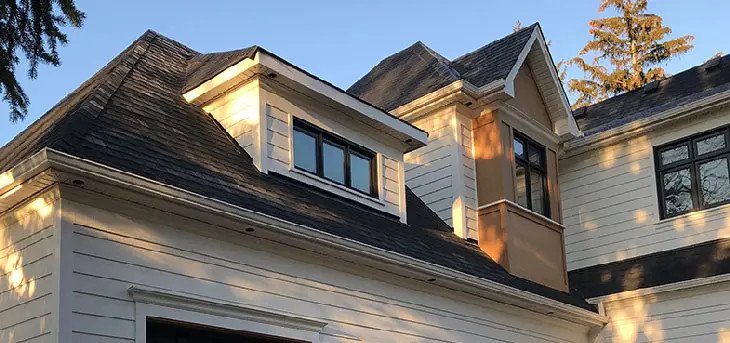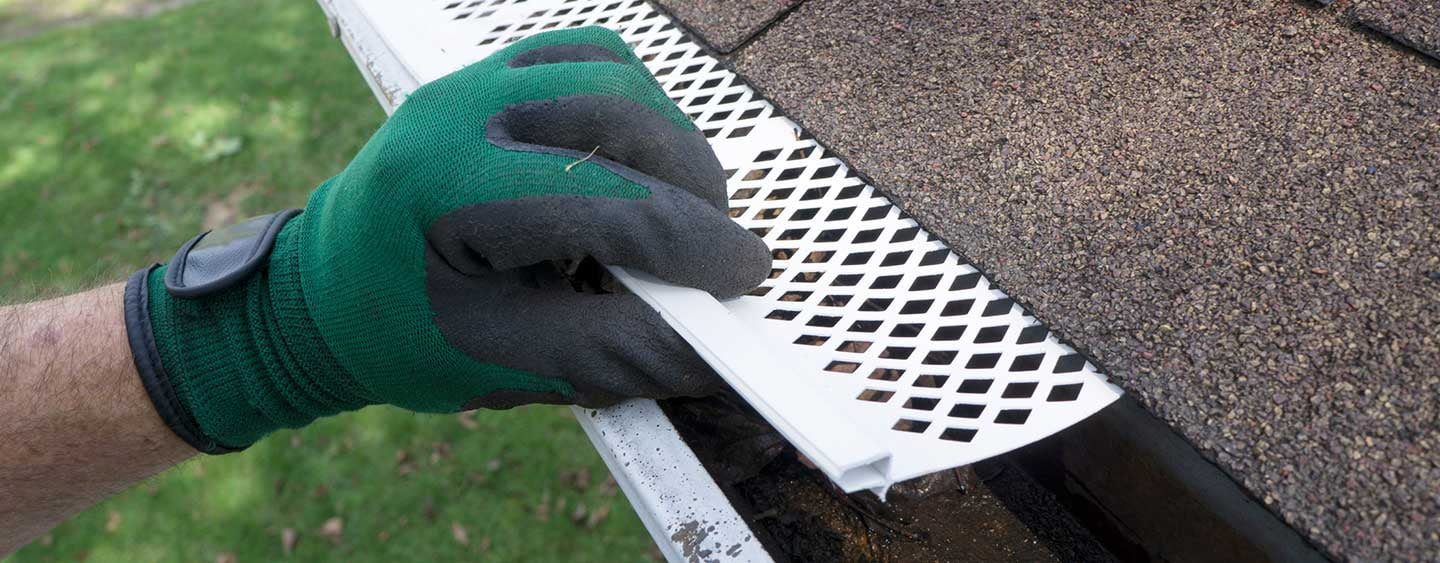
If you just bought a new house and are planning to install windows, or if you need to change the ones you already have, one thing you should keep in mind is the type of wood you’ll be using. Chances are you’re open to the idea of installing sliding sash windows. If that’s the case, you’ll have to choose between softwoods and hardwoods. The question is, which is better for your sliding sash windows? We’ll answer this question in the following section.
Softwoods for your Sliding Sash Windows
Softwoods are typically made up of trees known as conifers or evergreen trees. These trees have needle-like leaves and do not shed in winter. Examples of softwoods are pine, douglas fir, spruce, and yew. Pinewoods are the most common softwoods. They are said to be denser than a lot of natural hardwoods. Contrary to popular belief, softwoods aren’t always less solid than hardwoods. Softwoods, particularly the pine wood, are used for windows and doors due to its high-performance qualities. They can be finished with a high-quality paint which protects the wood and prolongs the product’s lifespan.
That being said, here are some of the advantages of using softwoods for your sliding sash windows:
Softwoods are economical as they grow faster and are quicker to harvest than hardwoods.
Softwoods are easier to handle since they are lighter and lower in density, making it easier for manufacturers to laminate the wood.
Softwoods work better as natural insulators than hardwoods, making them energy-efficient.
Softwoods, such as Pine, absorb paints and oils much more effectively than hardwood.
Softwoods appear less grainy in appearance and have no visible pores in the natural design.
Hardwoods for your Sliding Sash Windows
On the other hand, hardwoods are harvested from dicot trees, which typically lose their leaves in winter. Examples of hardwood species are oak, maple, teak, and mahogany. Their structures are often more complex than softwoods. They are much harder and more expensive to harvest for manufacturing. Oaks are said to be the most commonly used hardwoods for windows and doors. They are common for customers who prefer a bare wood interior finish and don’t mind the distinctive grooves found in the natural design.
Here are some of the advantages of using hardwoods for your sliding sash windows:
Hardwoods have a bare wood finish, which makes them perfect for sliding sash windows.
Hardwoods are more resistant to impact since they are denser than softwoods.
Hardwoods are harder to handle during window manufacturing, which makes them more durable than softwoods.
Hardwoods have pores and vessels, which creates a unique composition and pattern in the wood’s appearance, perfect for aesthetic purpose.
Final Words: Which one is better?
Now that you’ve learned about the differences between softwoods and hardwoods, you know that both have their own advantages and disadvantages. Choosing between the two kinds of wood for your sliding sash windows depends on how you would like your windows to look like in terms of structure and design. So whether you’re planning to revamp your windows or have yet to install windows in your newly constructed home, then you better decide which one suits your needs.
Custom Contracting is a family-owned company that provides custom window installation services in and around Burlington and Hamilton Ontario – get in touch today to see how we can help!





